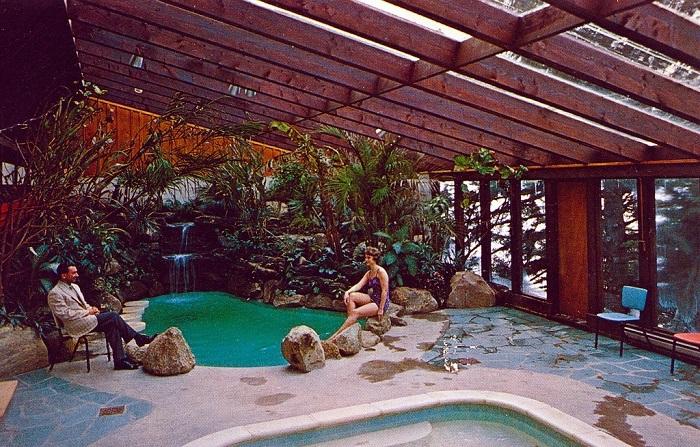Property Watch: Realities of a dream clubhouse

PHUKET: When we think of a clubhouse, many of us start to dream. Sipping cocktails overlooking the hills, or even facing the sandy beaches and sea. A place where an agreed set of rules are adhered to by all with a sense of what is right and proper.
Ladies wear comfortable but appropriate attire and the gentlemen will be similarly respectful in their choices. Gym wear will be left in the locker of the gym. Fresh coffee will be served by well-trained staff incentivized to please the residents who invested heavily in this real estate and pay handsome fees for the benefit of the common areas and clubhouse.
This dream is often sold to buyers. More often than not, a clubhouse is delivered, but many times the reality isn’t quite the same as the dream, for a variety of reasons.
In order to assess the value of investing in a clubhouse, a breakdown of its component parts and relevance to a project is necessary. A dream simply isn’t good enough and isn’t going to pay the bills.
If a developer or group of owners create a clubhouse with a swimming pool – it has to be serviced and the electric bills need to be paid with the acceptance that they will be high. If there is a food and beverage facility connected to a clubhouse, it is highly likely that it will have to be subsidized if it is not open to the public, unless it is within a mega-project where residential customers will be attracted to it by the forces of convenience.
If you are looking at potentially investing into a project and you believe the amenities and clubhouse are critical to your decision, then here are some key factors to consider:
– Is the facility part of the construction permit and does it comply with the permit?
– Post-construction, who owns the clubhouse – the developer, or an entity controlled by co-owners?
– Who paid for the furniture, fixtures and equipment and who will renovate and upgrade them?
– Is there a rental program under which the control of rentals is linked to the clubhouse, but if you do not participate in that rental program you lose essential rights that could affect your private rental yield?
– Can the rules of the clubhouse and the entire format be changed?
– If there is a restaurant, how will it secure enough business to maintain viability?
In the development brochures, you will see ‘hanging’ gyms; infinity-edged pools with beach clubs, kids’ clubs and the like. Who is going to develop these and will they do it free, or require some kind of return? These may seem like obvious questions, but I have seen litigation relating to clubhouses escalate to the extent that law enforcement officers were somehow procured to turn up and arrest certain co-owners for misuse of equipment and the like.
Clubhouses require a different skill set than construction and design. Asset management and a long-term view of amenities, such as food and beverage and convenience, are essential to add value to a well-planned real estate development.
If you believe you couldn’t manage the clubhouse, food and beverage, and other amenities in a financially viable manner, then you shouldn’t expect a developer to be able to do so either. A commercial sanity check must always be conducted when presented with the idea of a clubhouse and amenity dream.
Desmond Hughes has been an owner and operator of his law firm in Thailand for 12 years,
and is a Senior Partner at Hughes Krupica law firm www.hugheskrupica.com
— Desmond Hughes
Latest Thailand News
Follow The Thaiger on Google News:


























